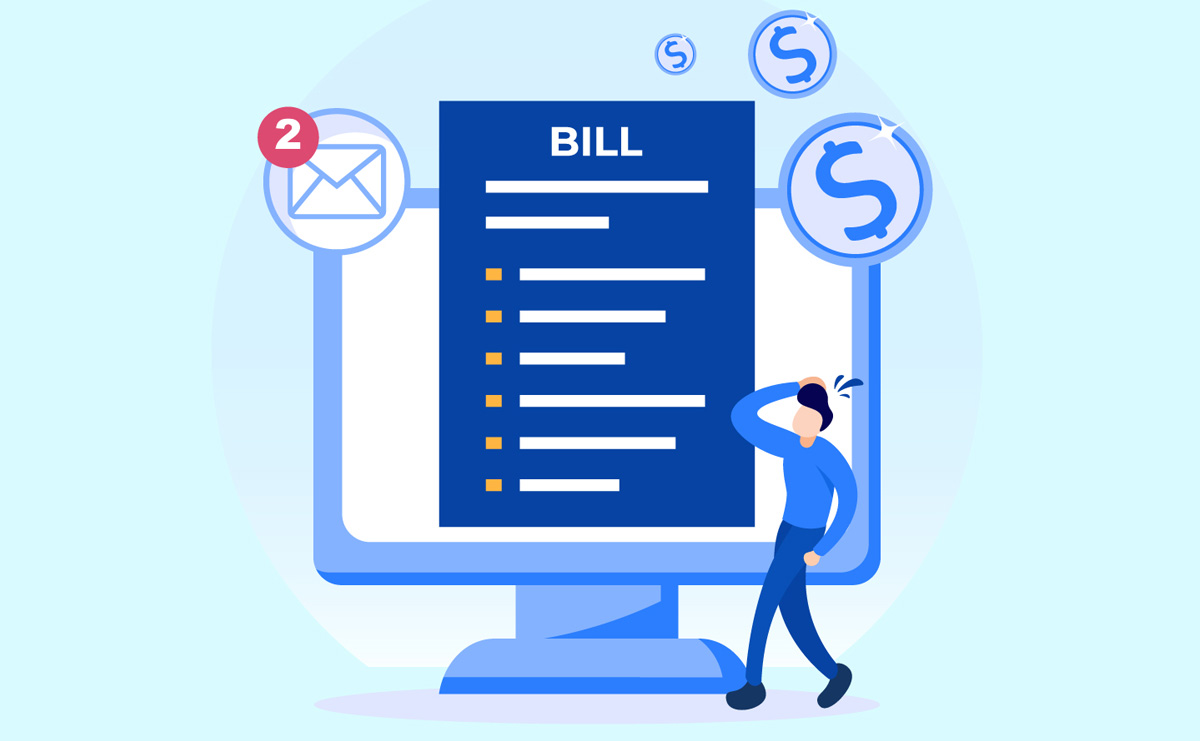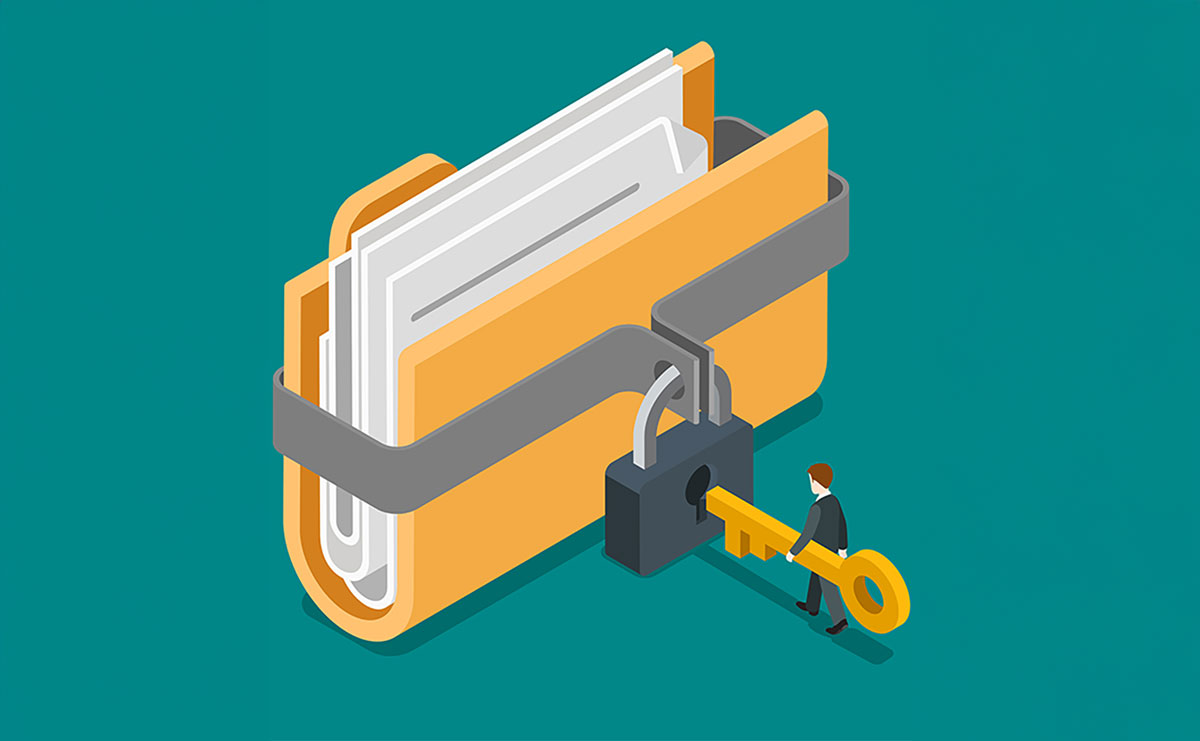Florida Bar | Tenancy Forms – Form 80
Form 80 – Affidavit Of Damages Florida
Form 80, titled “Affidavit of Damages,” is a legal document used in the Florida court system, particularly in residential eviction cases involving claims for unpaid rent and damages. This Florida affidavit form serves as a formal statement by the plaintiff or the plaintiff’s agent, asserting that the defendant (tenant) has not fulfilled financial obligations under the rental agreement. The affidavit details the amount of unpaid rent, the period for which payment has not been made, and any additional damages claimed by the landlord. It must be completed based on the personal knowledge of the affiant and is sworn before a notary.
The document outlines a two-step legal process for landlords seeking a default judgment against tenants who fail to respond to complaints. First, a Clerk’s default must be obtained, followed by a final judgment from the judge handling the case. These steps involve various forms specific to each phase of the process, including motions for default final judgments for eviction or damages, and other forms for establishing the tenant’s default.
Form 80 is essential for substantiating the landlord’s claim for damages in court, providing a structured format to detail the alleged financial losses. The affidavit form Florida also includes instructions for proper service on the defendant, ensuring the legal rights of all parties are maintained. The form concludes with a certification by the affiant regarding the delivery method of the motion and affidavit to the defendant, essential for maintaining procedural fairness in the eviction process.
Filling out Form 80 is a critical step in pursuing a default judgment in cases of residential eviction and damages claims. An affidavit for eviction is a legal document used by a landlord as part of the process to evict a tenant from a rental property due to reasons like non-payment of rent, violation of lease terms, or other breaches of the rental agreement. By carefully preparing and using an eviction affidavit, landlords can effectively initiate legal proceedings while ensuring that they adhere to the legal rights of the tenant.
Step-by-Step Instructions to Fill Out Form 80
Court and Case Information
- County and Court: At the top of the form, fill in the county where the rental property is located.
- Case Number: Enter the case number assigned by the Clerk of the Court.
Party Information
- Landlord’s Name: Enter the full legal name of the landlord filing the affidavit as the plaintiff.
- Tenant’s Name: Enter the full legal name of the tenant as the defendant.
Affiant’s Statement
- Affiant’s Role: Indicate whether you are the plaintiff or the plaintiff’s agent by checking the appropriate box.
- Affiant’s Name: Enter your full name, the one who is filling out the affidavit and making the statements.
Sworn Statement
- Knowledge Basis: State that the affidavit is based on your personal knowledge.
- Possession and Rent Details: Describe the rental agreement terms including the rental amount and the period (e.g., monthly).
- Unpaid Rent: Specify the amount of rent that has not been paid and since when.
- Additional Damages: If applicable, state any additional damages being claimed beyond unpaid rent.
Notarization
- Sworn and Subscribed: This part will be completed in the presence of a notary. You will swear to and sign the affidavit, indicating the date of signing.
- Notary Information: The notary will fill in their details, affirm your identity, and notarize the affidavit.
Service Certification
- Delivery Method: Check the method you used to deliver the motion and affidavit to the defendant (mailed, faxed and mailed, or hand delivered).
- Address: Provide the address (and fax number if applicable) where the documents were sent to the defendant.
Additional Information
- Assistant’s Details: If someone assisted you in filling out the form, include their name, address, and telephone number at the end of the document.
Important Notes
- Ensure that all information provided is accurate and truthful to the best of your knowledge.
- Consult with an attorney if you have any doubts or need legal advice, as the form notes are only for informational purposes and may not fully describe the requirements of Florida law.
- Once filled, make sure to keep a copy for your records and ensure that all procedural requirements for service and filing with the court are met.
By carefully following these instructions, you can accurately complete the Affidavit of Damages (Form 80), which is crucial for advancing your case in the legal system.
Disclaimer: This guide is provided for informational purposes only and is not intended as legal advice. You should consult the Residential Tenancies Act or a legal professional.




